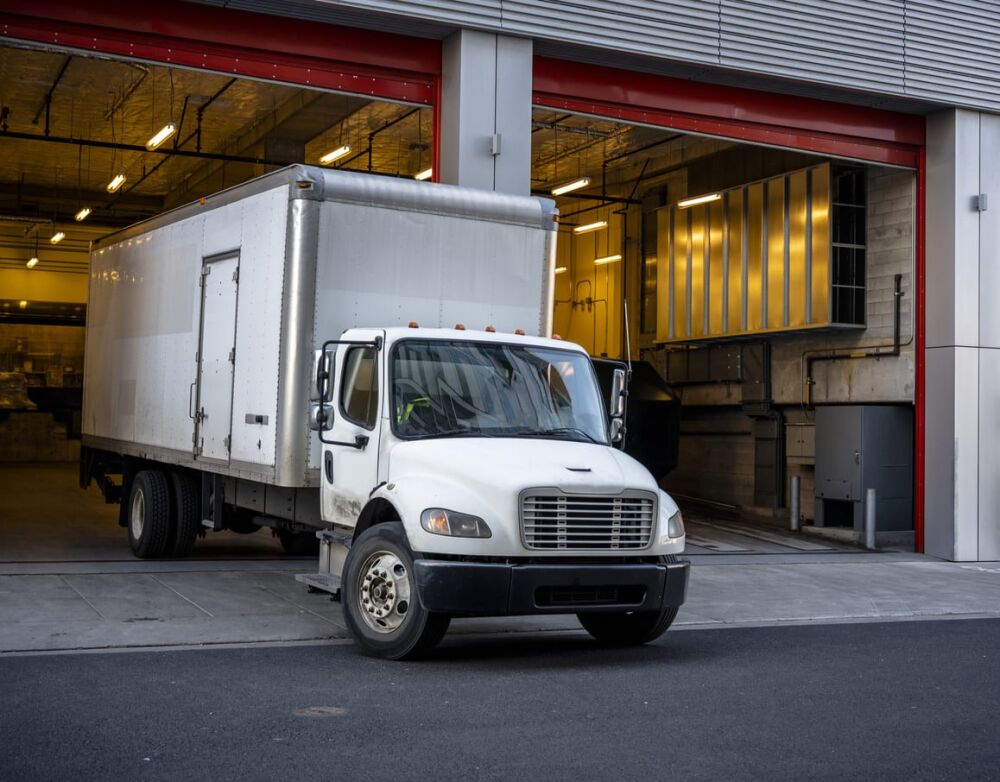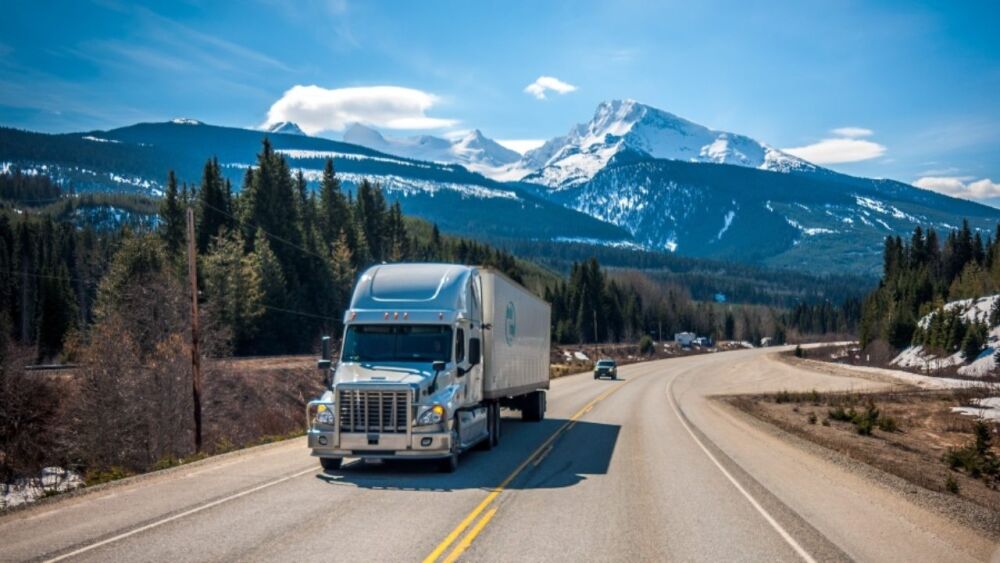Whether you’re relocating for work, family, or a fresh start, long distance moving can be both exciting and overwhelming. Unlike local moves, crossing state lines introduces new logistical, financial, and planning challenges. This is where understanding the role of long distance movers — and how to choose the right one — becomes critical.
In this guide, we’ll cover everything you need to know about long distance moves, what to expect from a long distance moving company, and how to identify the best fit for your relocation needs.

What Qualifies as a Long Distance Move?
Generally, any move over 100 miles or that crosses state lines is considered a long distance move. These are often referred to as interstate moves, and they are subject to federal regulations that don’t apply to local moving services. This means the company you choose must be properly licensed and insured for interstate transport.
Some examples of long distance moves include:
- Moving from New York to Chicago
- Relocating from Boston to Atlanta
- Moving cross-country from the East Coast to the West Coast
Even if you're staying within the same region, a longer-distance move still requires specialized planning and coordination.
Common Challenges of Long Distance Moving
Long distance moves involve more than packing and driving. Here are some common hurdles people face:
1. Timing and Scheduling
Coordinating the timing of the move, especially when selling or buying a home, signing new leases, or arranging employment, can be complicated. Delays in one area can create a ripple effect.
2. Inventory Management
Keeping track of all your belongings over a multi-day journey requires careful organization. Some people use digital checklists or inventory apps to stay on top of things.
3. Cost Uncertainty
Because long distance moves are billed based on weight, volume, and mileage, pricing can vary. It’s important to get clear, written estimates from long distance moving companies before committing.
4. Damage Risk
The longer the journey, the greater the chance of items shifting or getting damaged. Proper packing techniques and professional handling help reduce that risk significantly.
What Do Long Distance Movers Actually Do?
Long distance movers typically offer a wide range of services that go beyond just loading and unloading a truck. Common offerings include:
- Packing and Unpacking: Some companies offer full-service packing using industry-grade materials.
- Disassembly and Reassembly: Larger furniture and complex appliances may need to be taken apart and set up again.
- Storage: If there's a delay between move-out and move-in, short- or long-term storage can be arranged.
- Tracking and Communication: Many movers provide GPS tracking or frequent updates so you know where your belongings are at any time.
- Specialty Item Transport: Items like pianos, artwork, and antiques may require climate-controlled or high-security transport.
It’s worth noting that not all long distance moving companies offer the same services, so make sure to compare service packages carefully.
How to Choose the Best Long Distance Moving Company
Not all moving companies are created equal — especially for long distance relocations. Here are some criteria to help you identify the best long distance moving company for your situation:
✔ Licensing and Credentials
Verify that the company is registered with the U.S. Department of Transportation (USDOT) and has a valid number. This confirms that they are authorized to perform interstate moves.
✔ Transparent Pricing
Avoid vague or verbal estimates. Always request a written, itemized quote that includes potential additional fees, such as fuel surcharges, stair carries, or storage.
✔ Experience With Similar Moves
Ask if the company has experience handling moves of your size and distance. Moves between major cities can differ significantly from rural relocations.
✔ Reviews and Reputation
Check third-party review sites, Better Business Bureau ratings, and verified customer feedback. Pay attention to comments about punctuality, damage claims, and communication.
✔ Insurance and Liability Coverage
Understand the insurance options offered. Basic liability coverage is often included, but you may want to purchase full-value protection for more expensive items.
Tips for a Smoother Long Distance Move
While hiring professionals makes the process easier, there are steps you can take to make your move more efficient and less stressful:
- Start Planning Early: Begin the moving process at least 6–8 weeks in advance.
- Declutter Before You Pack: Donate, sell, or recycle items you don’t want to take. Reducing weight lowers costs.
- Label Everything Clearly: This saves time when unpacking and helps movers know which boxes need extra care.
- Keep Essentials With You: Items like medications, documents, valuables, and chargers should be kept in a personal bag during the move.
- Review Your Moving Contract: Make sure you understand the terms, delivery window, and cancellation policy.
How Much Does a Long Distance Move Cost?
The cost of a long distance move depends on several factors:
- Distance between origin and destination
- Total weight or volume of items
- Time of year (summer tends to be peak season)
- Additional services (packing, storage, insurance)
On average, long distance moves can range from $2,000 to $7,000 depending on these variables. Getting quotes from multiple long distance movers can help you find the best deal without compromising quality.
Final Thoughts
A successful long distance move is all about preparation, research, and choosing the right moving partner. Whether you're relocating for a new opportunity or making a fresh start, having experienced professionals by your side can make a world of difference.
If you're currently evaluating long distance moving companies, take time to compare your options based on experience, transparency, and services — not just price. The best movers aren’t just about transportation; they offer peace of mind during one of life’s biggest transitions.



